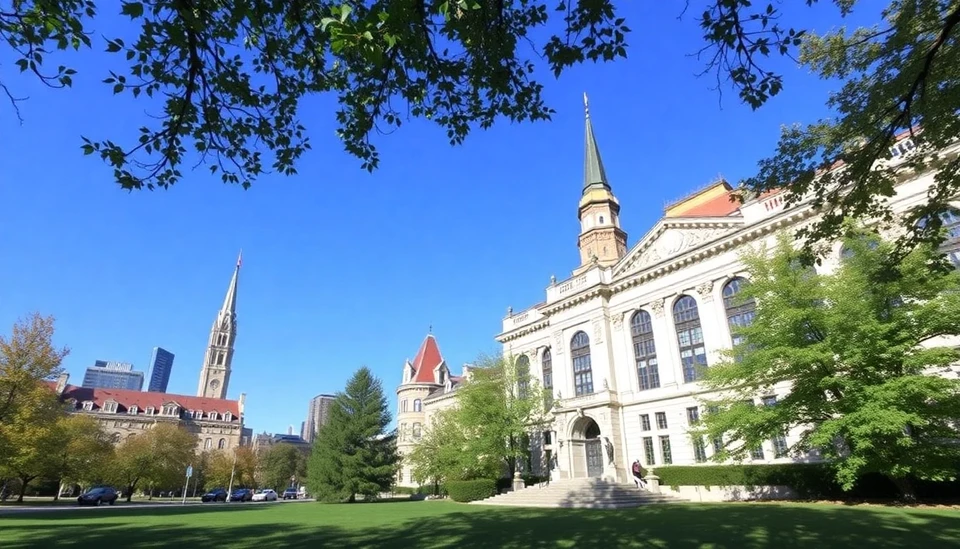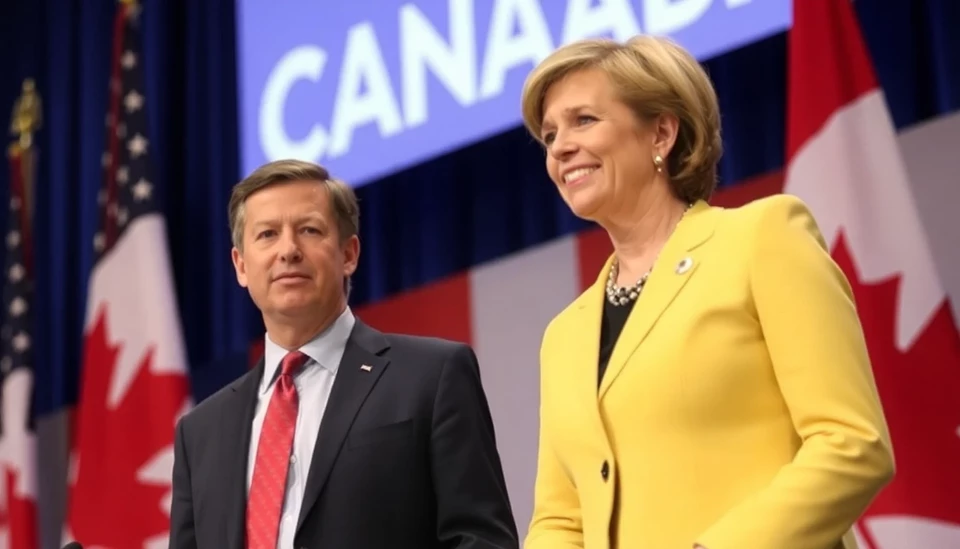
The C.D. Howe Institute has recently published a report indicating that Canada’s capital gains tax is projected to generate significantly less revenue in the coming years. This analysis presents a complicated picture for the Canadian economy as investors and policymakers alike must navigate the shifting landscape of taxation and investment strategies.
According to the report, the revenue from capital gains taxes is expected to drop by approximately 10% by 2026. This decline is attributed mainly to an anticipated slowdown in the growth of capital gains, which in turn relates to a cooling housing market and decreased stock market performance. As the economy stabilizes after a period of unprecedented growth fueled by post-pandemic recovery, experts forecast less capital appreciation for investors, which will directly impact tax collections.
The C.D. Howe Institute highlights that while the capital gains tax rate remains unchanged, the actual revenue collection will dwindle due to the decreased volume of taxable events. For many Canadian investors, this news prompts a reassessment of their portfolios and tax strategies as they navigate potential volatility ahead.
The report suggests that the government may need to explore alternative revenue sources to make up for this potential deficit. Discussions about reforms in taxation, particularly for the wealthy and those benefitting most from capital gains, are expected to gain traction. Such reforms could lead to a broader discussion about wealth distribution in Canada, an increasingly contentious topic in political and economic circles.
In light of these findings, experts urge the government to approach capital gains taxation with caution. They emphasize the importance of maintaining a balanced fiscal policy that encourages investment while ensuring fair revenue capture. As Canadian citizens brace for potential changes, the government faces the challenge of revitalizing its tax strategies to respond to evolving market conditions.
The implications of the C.D. Howe report are far-reaching, with potential consequences for future political campaigns, as politicians get ready to argue about economic policies that affect everyday Canadians. For investors, the message is clear: vigilance is required in times of changing tax landscapes, particularly in preparation for potentially lower revenues from capital gains in the near future.
The comprehensive findings of the C.D. Howe Institute reinforce the importance of understanding the dynamics at play within the Canadian economy and highlight how tax policies must adapt in response to market conditions. With a potential decrease in capital gains tax revenue, careful consideration will be needed to ensure sustainable fiscal health moving forward.
As the conversation around taxation and revenue generation continues, all eyes will remain on government responses, investor reactions, and the broader implications for Canada’s economic landscape.
#Canada #CapitalGainsTax #Economy #TaxRevenue #CDHoweInstitute #InvestmentStrategies #WealthDistribution #FiscalPolicy
Author: Rachel Greene




